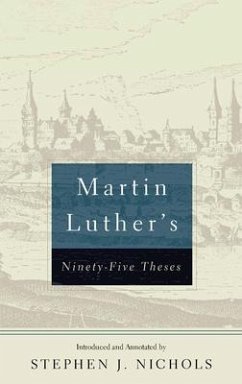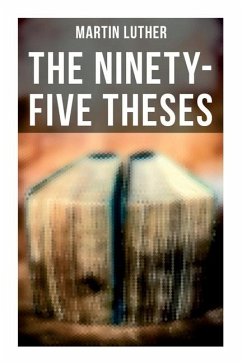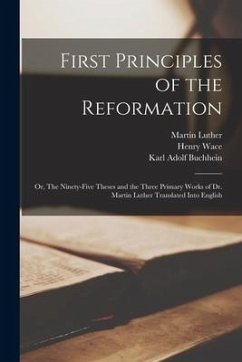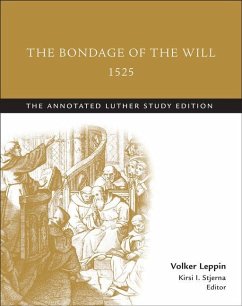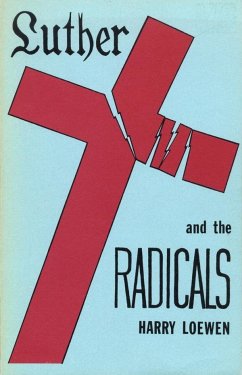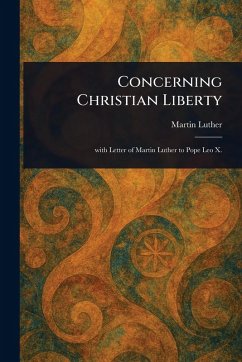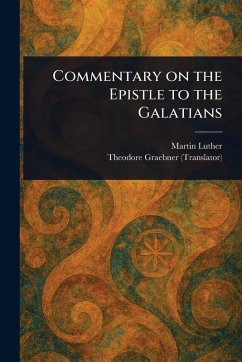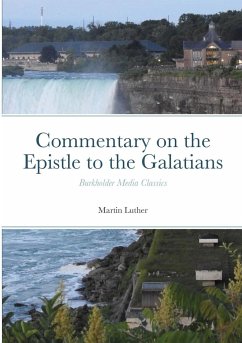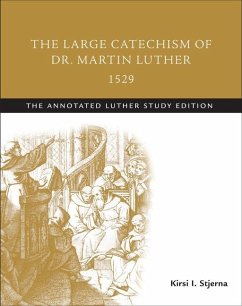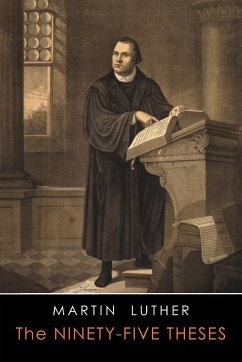
The Ninety-Five Theses
Versandkostenfrei!
Versandfertig in über 4 Wochen
6,99 €
inkl. MwSt.
Weitere Ausgaben:

PAYBACK Punkte
3 °P sammeln!
2018 Reprint of 1910 Harvard Classics Edition. The Ninety-five Theses or Disputation on the Power of Indulgences by Martin Luther is a list of propositions for an academic disputation written in 1517. It is considered a foundation document for Protestantism and the beginning of the Reformation in Europe. Luther was professor of moral theology at the University of Wittenberg, Germany, and with the publication of this document he precipitated a schism in the Catholic Church which profoundly changed Europe. The Theses advanced Luther's positions against what he saw as the abuse of the practice of...
2018 Reprint of 1910 Harvard Classics Edition. The Ninety-five Theses or Disputation on the Power of Indulgences by Martin Luther is a list of propositions for an academic disputation written in 1517. It is considered a foundation document for Protestantism and the beginning of the Reformation in Europe. Luther was professor of moral theology at the University of Wittenberg, Germany, and with the publication of this document he precipitated a schism in the Catholic Church which profoundly changed Europe. The Theses advanced Luther's positions against what he saw as the abuse of the practice of clergy selling plenary indulgences, which were certificates believed to reduce the temporal punishment in purgatory for sins committed by the purchasers or their loved ones. In the Theses, Luther claimed that the repentance required by Christ for sins to be forgiven involves inner spiritual repentance rather than merely external sacramental confession. He argued that indulgences led Christians to avoid true repentance and sorrow for sin, believing that they could forgo it by purchasing an indulgence. Indulgences also, according to Luther, discouraged Christians from giving to the poor and performing other acts of mercy, believing that indulgence certificates were more spiritually valuable. Though Luther claimed that his positions on indulgences accorded with those of the Pope, the Theses challenge a 14th-century papal bull stating that the pope could use the treasury of merit and the good deeds of past saints to forgive temporal punishment for sins.





